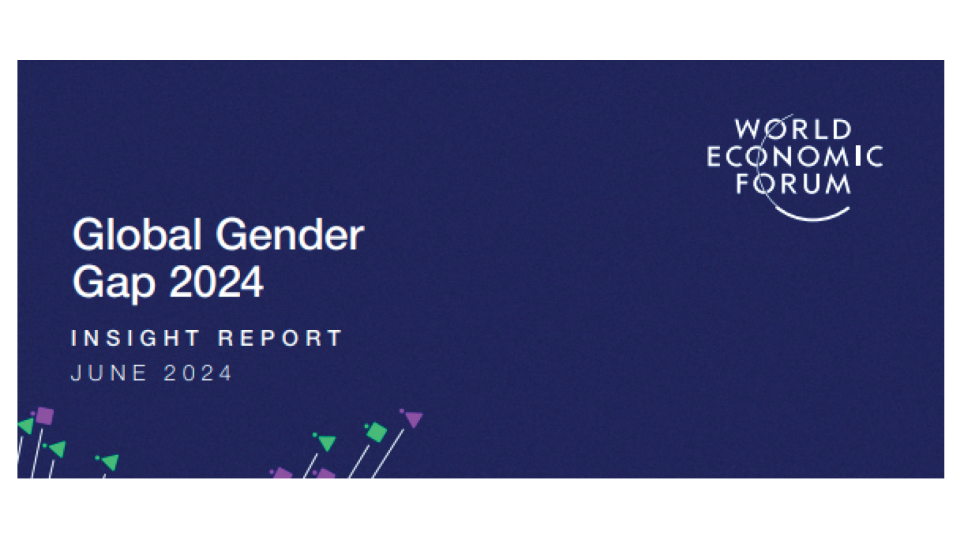ICN says new WEF report shows unacceptable slow progress on gender parity and calls for urgent action with nurses in vanguard

The International Council of Nurses (ICN) says the progress to gender parity revealed by a new World Economic Forum (WEF) report launched today is unacceptably slow and damaging to our healthcare systems and wider economies. Nursing is a prime example of a profession that is opening up opportunities for women but where still much more needs to be done and where nurse leaders can be at the vanguard of progress.
The 18th edition of the WEF Global Gender Gap Report, shows that parity between men and women in terms of economic participation, education, health and political empowerment will take 134 years to achieve at the current rate of progress. The report shows that while half the economies included in the survey made incremental gains, globally the gender gap has only closed by 0.1% to 68.5% since last year.
It says that the slow progress that had been made in women being hired into leadership roles is now starting to erode from a peak in 2022. And as the global economy has cooled, it is women that have been disproportionately affected, reinforcing the systemic issues that hold women back in the workplace.
The WEF says governments and businesses must shift resources and mindsets to embrace gender parity as essential for sustainable growth, adding that it is only through collaboration and targeted interventions that a 50/50 world can be achieved.
ICN President Dr Pamela Cipriano said nurses are all too aware that obtaining gender equality, particularly in leadership roles is a slow, uphill struggle but one that it is of paramount importance to address.
"Nursing, as a female-dominated profession, is spearheading progress and opening up leadership opportunities for women that were not there in the past. But governments and employers need to commit additional resources to accelerate progress towards gender equity, including through investments in nursing education, jobs and particularly leadership roles. Gender parity is not only the right thing to do, but also essential if we want our world to progress in a sustainable direction as defined by UHC2030 and the Sustainable Development Goals. The current rate of progress towards gender parity is wholly unacceptable and damaging to our healthcare systems, communities and economies.”
ICN is supporting WEF’s work, with ICN Chief Executive Officer Howard Catton contributing as an expert to its Global Future Council, which published a report on The Future of the Care Economy in April of this year, echoing many of the findings of this year’s International Nurses Day report, including the vital importance of addressing the gender gap for the sake of safeguarding our healthcare systems and wider economies.